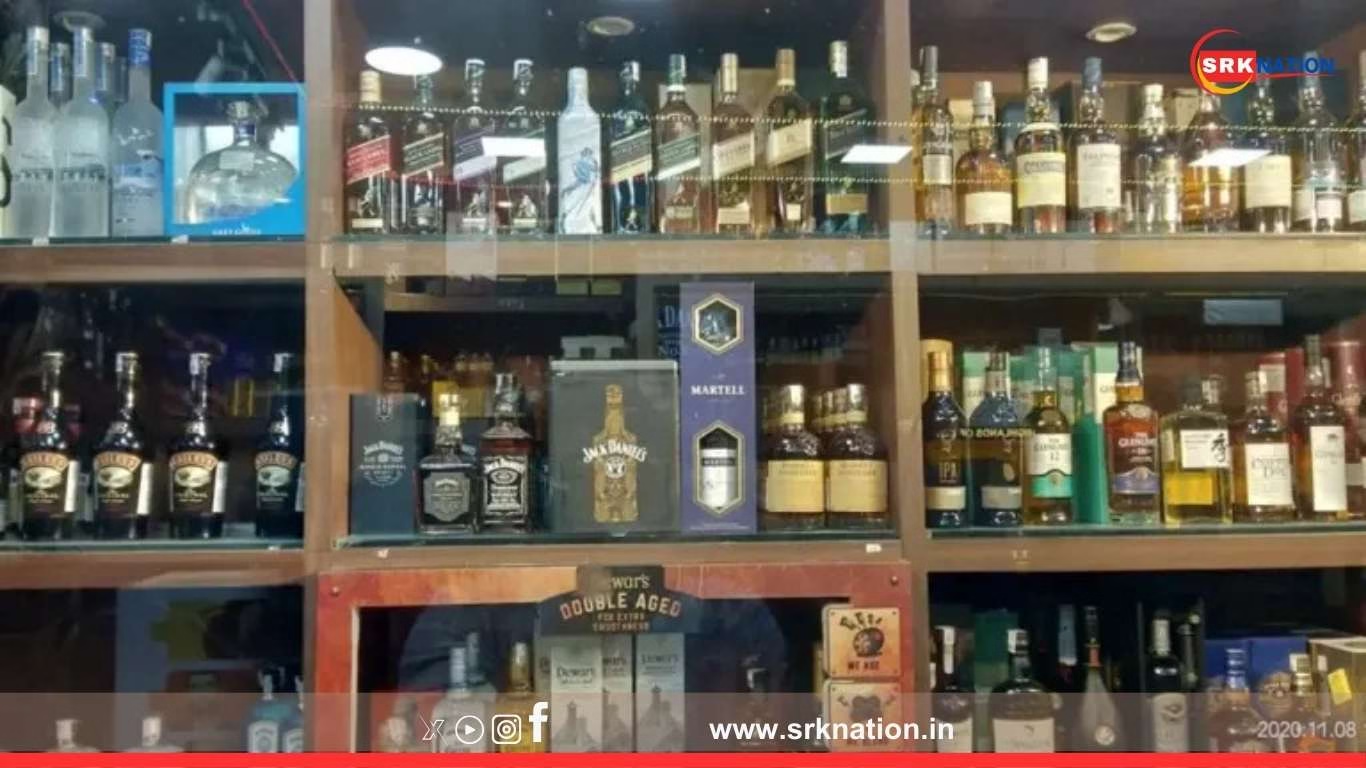Jharkhand’s retail liquor sector is set to witness a major policy overhaul starting 1 September 2025, with the state government announcing new rules and operational guidelines aimed at improving revenue realisation, transparency, and consumer safety. The Excise and Prohibition Department issued detailed notifications outlining the structural changes expected to redefine liquor retail operations in the state.
Key changes under the new rules
- Transfer to Corporation Management Model
- Retail liquor shops will be directly operated under the Jharkhand State Beverages Corporation Limited (JSBCL).
- Private licensees will no longer manage outlets independently as the government seeks to eliminate leakages and unauthorised sales.
- Revised operational timings
- Shops will now function from 10 AM to 10 PM, standardising timings across urban and rural areas.
- This move aims to prevent late-night unauthorised sales and align shop operations with public safety norms.
- Transparent pricing policy
- Liquor MRP will be standardised across the state, with electronic billing made mandatory for every transaction.
- Shops are instructed to display digital boards listing brand-wise MRP to ensure consumer clarity.
- Digital payment promotion
- Shops will be integrated with UPI and QR-based payment options to encourage cashless transactions, enhancing revenue tracking and reducing malpractices.
- New employment structure
- Employees currently engaged under private licensees will have to re-apply through approved manpower agencies under the corporation model.
- The department has assured that existing experienced staff will be given preference to ensure operational continuity.
Government’s rationale for the overhaul
Jharkhand’s Excise Department highlighted that under the private licensee model, the state suffered significant revenue leakages, unreported sales, and non-compliance with tax deposit timelines. The direct corporation management model, implemented in states like Delhi and Haryana earlier, is expected to:
- Increase state revenue collections from liquor sales by up to 25-30%.
- Curb illicit liquor production by ensuring supply and retail chains remain under government supervision.
- Streamline procurement, stocking, and distribution, creating uniformity across districts.
Estimated economic impact
| Particulars | FY 2024-25 | FY 2025-26 Target | Growth (%) |
|---|---|---|---|
| Total excise revenue (₹ crore) | 2,900 | 3,800 | ~31% |
| Number of retail shops | 1,640 | 1,700 (planned additions) | ~3.6% |
| Contribution to state budget | 8.2% | 10.4% | +2.2% |
Economic experts note that with liquor revenue being a major component of state budgets, such reforms strengthen fiscal stability and fund development schemes.
Reactions from stakeholders
Retail shop owners
Existing licensees have expressed concerns about revenue losses as their licenses lapse under the new regime. Several associations have demanded:
- Compensation or preference in manpower outsourcing to retain livelihoods.
- Clarity on commissions, incentive structures, and employment security under the corporation model.
Consumer groups
Consumer associations have welcomed standard MRPs and digital billing mandates but urged:
- Strong implementation to prevent offline overcharging.
- Regular quality checks to eliminate counterfeit liquor rackets that thrive under unregulated systems.
Political opposition
Opposition parties criticised the state government for “monopolising liquor trade,” arguing that direct government retailing contradicts efforts to discourage alcohol consumption. They have demanded a balanced policy focusing on de-addiction programmes alongside revenue considerations.
Excise department clarifies on manpower and implementation
The Excise Secretary clarified:
“All existing workers will be prioritised for absorption under the approved manpower agencies. Training sessions on corporation protocols, digital billing, and customer interaction will be conducted in August to ensure a smooth transition by September.”
Further, JSBCL is working to upgrade existing retail shops with:
- CCTV surveillance for real-time monitoring.
- Electronic Point of Sale (e-POS) integration linked with GST networks.
- Monthly audits to ensure compliance with hygiene, display norms, and digital payment protocols.
Long-term vision of the policy shift
- Maximising revenue leak-proofing
- Direct government procurement and retailing reduce middlemen margins and tax evasion possibilities.
- Consumer protection
- Curtailing sale of illicit and substandard liquor products often linked with health hazards in rural pockets.
- Digital governance integration
- Aligning with the state’s broader Digital Jharkhand vision, the move integrates excise revenues within e-governance frameworks.
- Regulating social impact
- Although revenue remains a priority, the government reiterated that it will continue awareness campaigns on responsible alcohol consumption, especially targeting rural youth.
Implementation timeline
- July 2025: Notification issued and stakeholder consultations initiated.
- August 2025: Staff training, shop rebranding, and digital system installations.
- 1 September 2025: Full operationalisation of new rules under JSBCL management.
Future considerations
- Expansion to rural clusters
The government is studying models to ensure availability in tribal interiors while controlling illicit brewing. - Revenue sharing with panchayats
A proposal is under review to allocate a share of liquor revenues to village panchayats for community development.
Conclusion
Jharkhand’s move to revamp its retail liquor ecosystem marks a significant structural shift with far-reaching implications on state finances, consumer safety, and employment. While it aligns with models seen in other Indian states, its success will depend on seamless implementation, effective manpower transition, and strict monitoring to achieve its dual goals of revenue optimisation and responsible consumption regulation.
Disclaimer
This news article is based on publicly available official notifications and statements issued up to July 2025. Readers are advised to verify exact rules and operational details with the Jharkhand Excise and Prohibition Department before interpreting implications for businesses or employment. This publication does not assume responsibility for decisions made based on this report.











